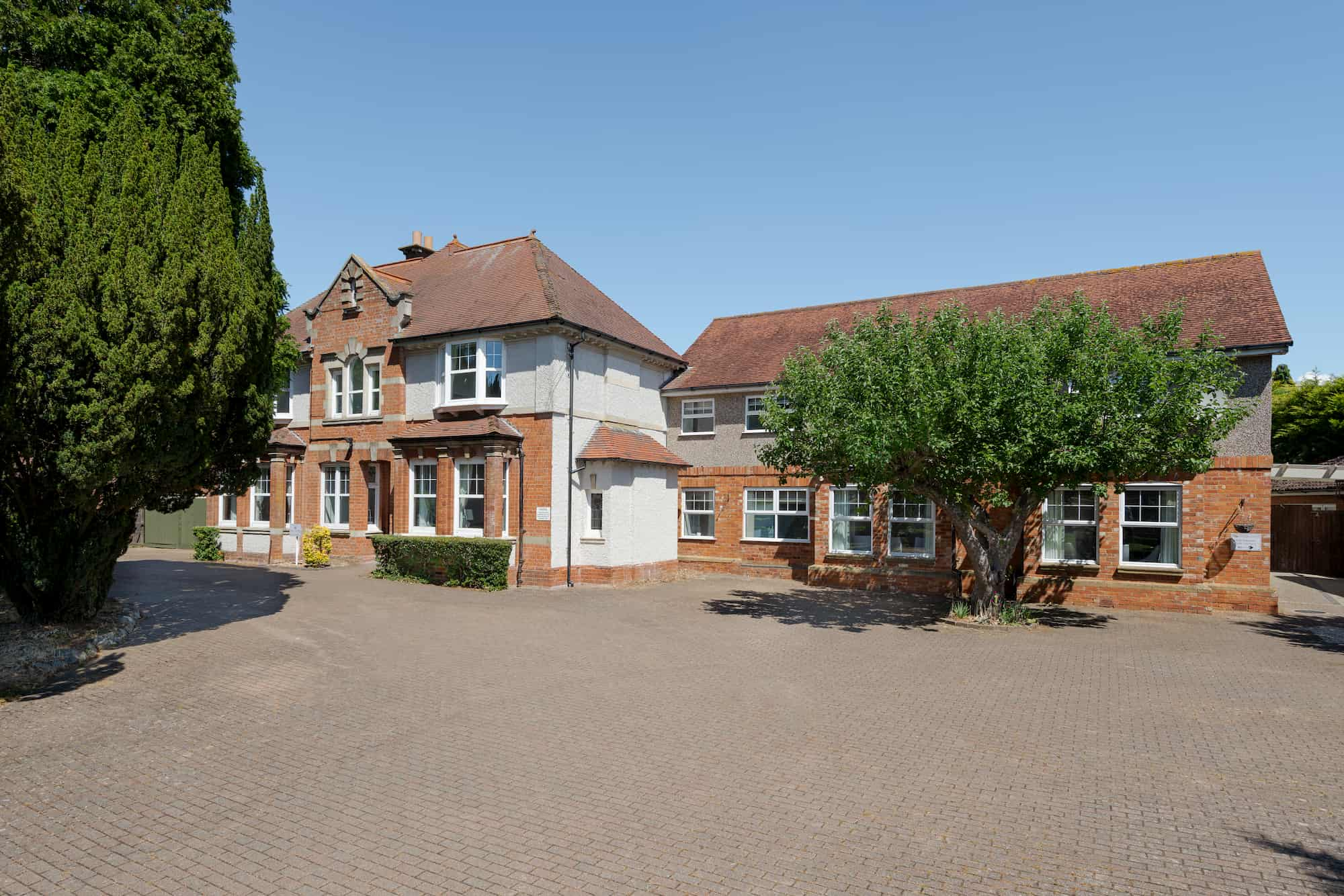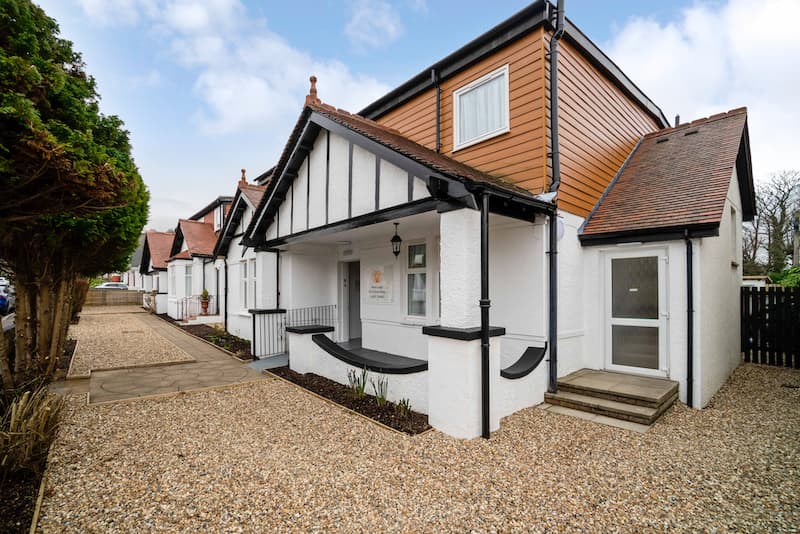The first step of joining a drug and alcohol rehab centre can be incredibly challenging, however, this is the most courageous action you can do to create a better future for yourself and for your loved ones; a future that’s free from alcohol or drugs.
Get In Touch
Are you suffering from Addiction and need help? Addiction Advocates are leading UK based experts in Private Drug and Alcohol Rehabilitation Treatment. Find out how we can help by getting in touch with our friendly team today.
Being able to accept your addiction and actively seek out professional support is incredibly brave and shouldn’t be a source of shame or embarrassment. If you or one of your loved ones shows any signs of addiction, then there’s no time to waste when it comes to seeking out support from our alcohol and drug rehab, Heanor.
Addiction to alcohol or drugs will never go away on its own; it will only worsen if you don’t treat it. Get in touch with us today to begin your road to recovery.
What Happens at Rehab?
What happens at drug and alcohol rehab will vary depending on the type of facility you join; however, they centre around helping you recover from drug or alcohol addiction in the most effective way possible. Upon joining our drug and alcohol rehab Heanor, you’ll receive treatment within a group and individually. Additionally, you will receive a treatment plan tailored to you from our team of experts specialising in addiction treatment and mental health support.
Our team will provide you with the necessary tools you’ll need to live a life free from alcohol or drugs. We promote an inclusive, supportive, and discrete environment for you to focus solely on your rehabilitation without distractions from daily life.
One of the great benefits of private drug and alcohol rehab is that you’ll receive a treatment plan which is completely personalised to your unique needs and the nature of your addiction. We must understand your journey into addiction; therefore, it’s unrealistic to expect a ‘one fits all’ approach to suit everyone’s recovery.
Although our treatment programmes are tailored to each person, there are some frequently delivered therapies that we highly recommend as they’ve proven to be effective for most people recovering from drug or alcohol addiction. These therapies are a combination of psychological and well-being therapies to help break your psychological connection to the substance whilst also helping to improve your general well-being.
Some of our most highly recommended evidence-based therapies that address your psychological connection to alcohol or drugs include:
- Stress Management
- Individual, Group, or Family Counselling
- Relapse Prevention
- Mediation
- Cognitive Behavioural Therapy (CBT)
- Dialectical behaviour therapy (DBT)
Our highly recommended well-being therapies include:
- Mindfulness
- Low-level Laser Therapy
- Yoga
- Relaxation
- Sleep Management
- Nutritional Supplement Therapy
- Fitness Therapy
- Art Therapy
- Music Therapy
- Meditation
These may sound unusual to some, but they’ve proven highly effective for general well-being as you go through rehabilitation.
What is Medically Assisted Detox?
In addition to the above therapies, everyone receives a medically assisted drug and alcohol detox to help break the physical connection to drugs or alcohol. Undertaking a detox is the most effective way to cleanse your body of the harmful toxins due to substance abuse. By gradually reducing your consumption of drugs or alcohol in a controlled environment, our team can help to safely manage the process and provide any prescribed medication if needed to ease the discomfort.
The discomfort from a medically assisted alcohol and drug detox typically comes from the withdrawal symptoms that occur throughout the detoxification process. These are common and can range from:
- Mild Nausea
- Dizziness
- Headaches
- Severe Seizures
- Insomnia,
- Delirium tremens (DT’s)
Whilst detoxification can be an uncomfortable process, it’s important to remember that we can help to ease the discomfort. Once complete, you’ll have the chance to live a life free from drugs and alcohol.
It’s also important to note that alcohol and drug detox is only ever effective with the support of addiction specialists in a professional rehab environment. If you were to attempt detox at home on your own, you’ll likely encounter more severe withdrawal symptoms and leave yourself at high risk of developing long-term health problems. The detox is also unlikely to be effective without the correct support or environment, wasting your efforts.
How Long Does Rehab Last?
The duration of your rehab treatment will depend on whether you’ve chosen inpatient or outpatient rehab and whether you’ve chosen treatment with a free local health service like the NHS or with a private facility. Typically, with a private rehab facility, you can expect your treatment plan to last around 28 days, followed by a complimentary aftercare plan for 12 months after leaving the rehab clinic.
Outpatient treatment may take less or more time, depending on how frequently you visit the rehab clinic to receive your treatment. Generally, people with milder addictions to alcohol or drugs would choose outpatient treatment over inpatient treatment, as this method offers more flexibility; you remain at home whilst visiting the rehab clinic each day.
Whereas inpatient treatment is more suited to those with a more severe addiction to alcohol or drugs who would benefit from 24/7 support and care. Both advantages and disadvantages exist, and there’s no right or wrong answer. It’s just whichever method is best suited to your rehabilitation journey.
How Addiction Advocates Help
Our expert team at our drug and alcohol rehab, Heanor, provide essential support and guidance throughout your addiction treatment at our rehab clinic and when you return home to continue your rehabilitation.
Contact us on 0800 012 6088 to start your journey to sobriety.



